The Intricate Beauty of Nature
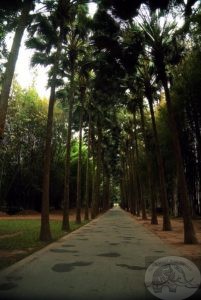
Botanic Garden in Xishuangbanna, China
When I travel, some of the first places I will visit in any country or city are its main historic areas or buildings, national museums or any other important local or regional museum, art galleries, and parks and botanic gardens. Unfortunately for the latter, they seem to fall into the category of ‘if there’s nothing else to do then we’ll go’ for most travelers. Then again, fortunate for people like myself who like to stroll around and study the flowers and trees and just enjoy the colourful bounty provided by nature without the constant squawking of hordes of tourists.
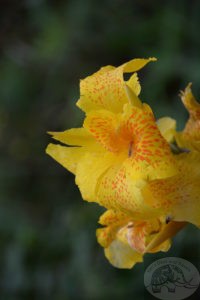 Indian Canna Botanic Garden Sri Lanka |
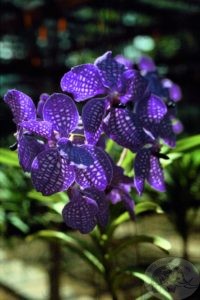 Purple Orchids, Sri Lanka |
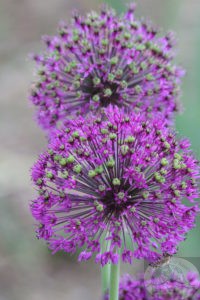 Allium in bloom, Canada |
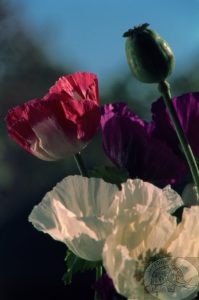 Poppies in Northern Thailand |
Every country and every region has its special and unique flowers and plants, and the world’s biodiversity is simply amazing. Unfortunately, botanic gardens are sometimes the last remaining places outside of a university collection, where we can enjoy some of this diversity as we are rapidly doing our best to destroy all that is good and keeping us alive. I could get into a discussion on that, but not for this post, just yet, as it would lead to an entire diatribe against corporations and governments…. Well you can probably guess the rest.
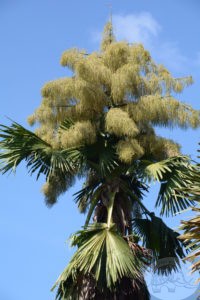
Flowering Palm – after decades of growth, one burst before dying
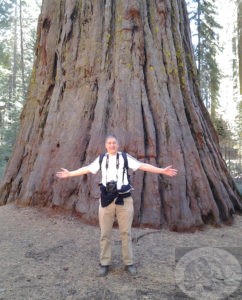
Yosemite Park, ancient Sequoia trees in Mariposa Grove
There are plants in this world, like the palm tree in the photograph on the left, that will grow for decades and not flower once, but after they have flowered, will die. In other regions of the world, giant trees dwarf the rest of the scenery – I have long saved a framed poster from Carmanah National Park in British Columbia, Canada. The tag line on the poster reads “Big Trees, not Big Stumps”. The park is home to some of the world’s largest or tallest Spruce trees – some trees reach heights of nearly 100 meters and the trees are in excess of 800 years old. Other giants can be found in Yosemite National Park in California, where trees are large enough that automobiles can drive through portals cut in the trunk of the trees.
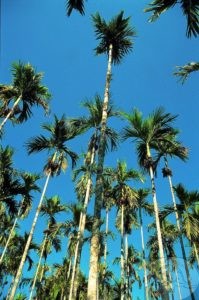
Palm trees in XTBG
Visiting some of these sites is utterly amazing, and puts a new perspective on life, and frankly, how infinitesimally small we humans are, yet how unproportionally destructive we are.
Interestingly enough, visits to parks such as those above, or botanic gardens, can bring us face to face with other reminders of human industry, as did this particular plaque in a botanic garden in Kandi, Sri Lanka – the plaque commemorates the planting of a tree by the first human to travel into space, Russia’s Yuri Gagarin.

First man in space, Yuri Gagarin
Other gardens are intended to present a stylized landscape depicting the intimate essence of nature, and to aid in meditation such as these gardens in Japan.
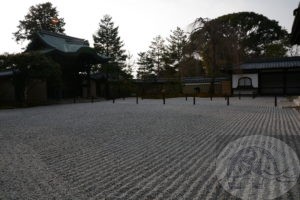 Arashiyama area temple, Japan |
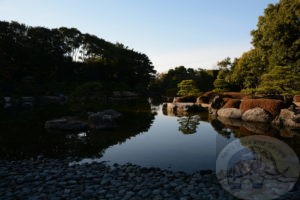 Peaceful garden in Japan |
Aside from these less obvious yet amazing sights, botanic gardens are a riot of colour and diversity, and taking pictures of the flowers and decorative objects in such locations is a wonderful pastime, soothing, relaxing, refreshing, and ultimately, uplifting.
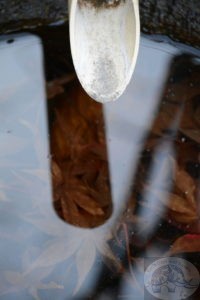 Japanese garden details, a waterjar with bamboo spout |
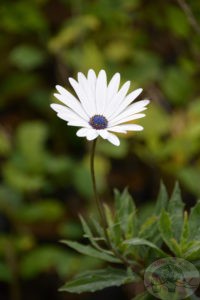 African Daisy, Hakgala Botanic Garden, Sri Lanka |
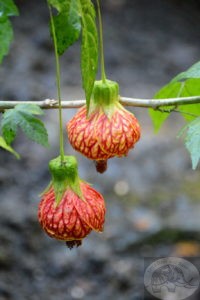 Chinese Lantern, Butchart Gardens, Victoria, Canada |
I have, over the course of many such visits, taken thousands of photographs of plants and flowers, and share with you some of those images here. Do enjoy them, and if you would like a larger print or high-resolution file for use, send me a note.
